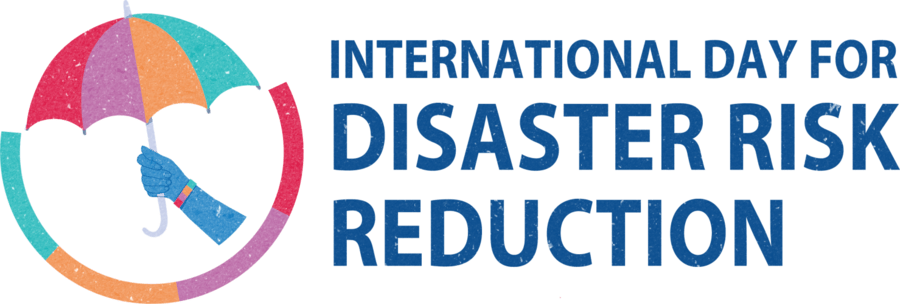Targeting inequalities through inclusive Early Warning Systems
Background
The theme of the 2023 International Day for Disaster Risk Reduction (IDDRR) proposes a timely examination of the reciprocal relationship between disasters and inequality. Inequality and disaster vulnerability are two sides of the same coin: unequal access to information and services leaves those in vulnerable situations more exposed to the danger of disasters, while disaster impacts exacerbate socio-economic inequalities, pushing those most at risk further into marginalization and poverty.
Join the network of WRD Experts to commemorate this year’s edition of IDDRR and examine how the development and implementation of Inclusive Early Warning Systems can tackle structural and systematic inequalities, including the gendered norms and roles which lie at the root of women’s and girls’ disproportionate disaster and climate risk.
Our speakers will discuss means of empowering women and girls in all their diversity and those in vulnerable situations to leverage their abilities and potential, meet their needs and priorities, and participate meaningfully in decision-making on disaster and climate risk governance. This conversation will also examine potential entry points and linkages with the ongoing consultations to develop a Gender Action Plan for the Sendai Framework, which aims to target significant gender gaps in the implementation of the Sendai Framework that undermine our collective resilience to climate and disaster risks and impacts.
Format
The event will be an online webinar with a panel discussion followed by an open floor for questions and additional comments.
Speakers
Dr. Carina Fearnley and Dr. Ilan Kelman, UCL Warning Research Centre
Erica Allis, Senior Programme Manager, WMO
Katrien Van der Heyden, Oxfam Belgium
Rahel Steinbach, Global DRR Lead, UN Women
Participants
This online webinar will be open to all, including Member States, UN system entities, civil society, private sector, academia, or other stakeholders and/or practitioners working in gender-responsive disaster risk reduction.
